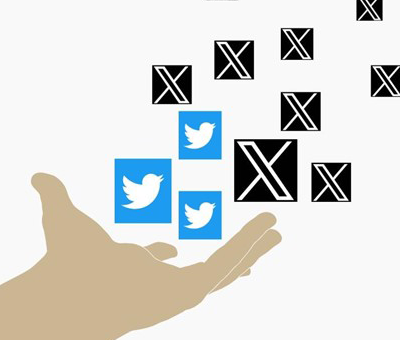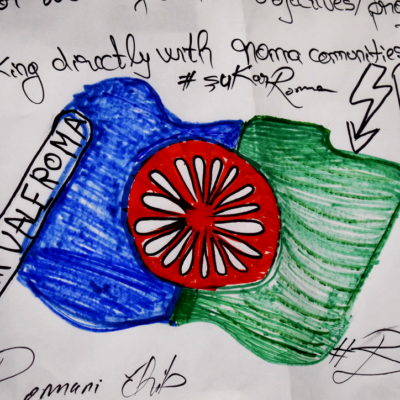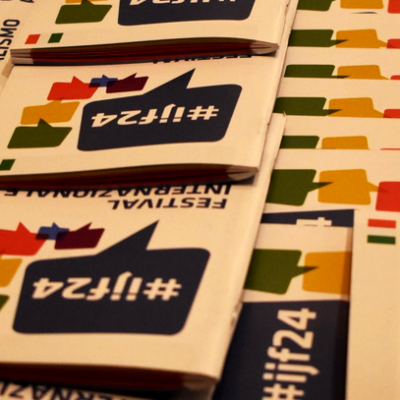Interview by Julia Fedlmeier, Nadine Fischl, Lena Förster, Laura Gold, and Verena Mühl
Alisa Buchinger, a former professional karateka, transitioned into a new role after her career as an athlete concluded in 2022. She explored other adventures, including studying Sports Journalism at the University of Salzburg and completing an internship at Servus TV, an Austrian TV station located near Salzburg and owned by Red Bull Media House. In 2023, her unwavering passion for the sport led her back to the karate community, this time as one of the national coaches for karate in Austria. In this interview, Alisa shares her experiences and perspectives on coaching, the challenges facing karate as a non-Olympic sport, the influences of her education in journalism on her coaching career, and her involvement in empowering women and girls through self-defence training in India.
After the end of your professional career, it only took you a few months to become one of the national coaches for karate in Austria. How exactly did it come about that you became national coach?
During my internship at Servus TV, I realized that I hadn’t lost my passion for sport, I just needed a bit of distance. It was very important for me to do something completely different and perhaps enter the normal working world. But I quickly realized that the normal world wasn’t for me and that I wanted to stay true to sport. And so I tried to start a coaching career. Last year I completed my first coaching course and now I’m finishing my state-certified coaching qualification by April 2024 and have applied to the Austrian Karate Association a few months ago. And luckily they took me on, so I’m now a national coach.
In an interview with the “Salzburger Nachrichten” newspaper, you said that you are still very close to the action and can therefore give the athletes a lot. What exactly is that?
I know exactly how the athletes feel before every competition and before every training session, what it’s like when you often have to do without something and can’t be there for a friend’s birthday. I think Gen Z, in particular, is a generation that has a lot of knowledge and is aware of a lot. Social media provides enormous stimuli. The young people simply need even more attention, more input from idols that they might recognize afterward and say, she’s already achieved something, I’m more likely to take advice from her than from a run-of-the-mill trainer. I always try to contribute my experience.
You mentioned Gen Z. What can you do to keep the next generation involved in sport? There are many children who no longer go to the club. As a national coach, do you have specific goals to keep the next generation?
I think that’s a social problem that parents need to solve. It’s their job to send their children to clubs and to sport again. It doesn’t really matter what sport they do. As coaches, we can advertise, we can go to schools. Many people no longer want to go to the effort of driving their children to training sessions. And the children then get involved with social media themselves.
Karate is currently not an Olympic sport, and that won’t change for the 2028 Olympics in Los Angeles. What does that mean for a sport if it is not or no longer Olympic?
The four years when we actually were Olympic [editor’s note: before the Tokyo Olympics in 2021] were brutal. We had an extremely exhausting four years in which we had qualifying tournaments. Only ten athletes from all over the world were allowed to compete in each weight class. My weight class, for example, was grouped together with the heavier ones. It was almost impossible to qualify. The difference lies in the support we lack.
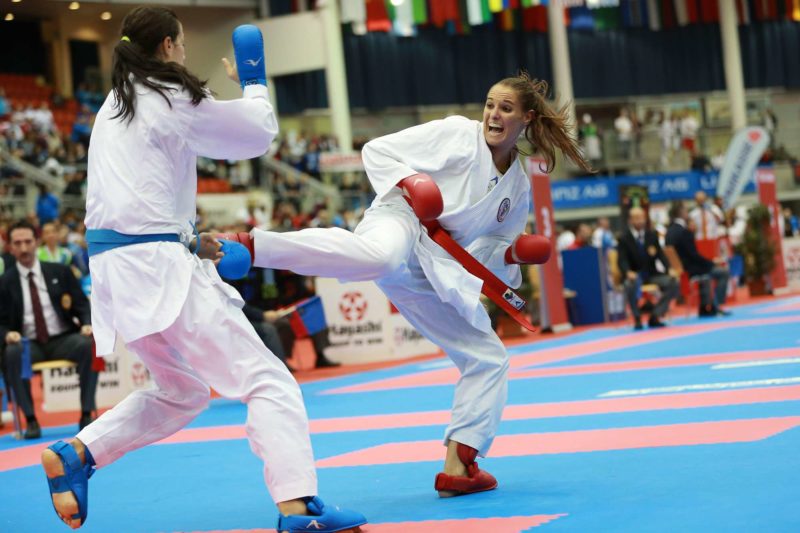
Photo by Nikolaus Melichar
In my opinion, it is important that the world federation invests a lot more money to convince the IOC. There is always a lot riding on politics and money. The world federation should be ready to set up new structures, provide new input, and also give the IOC money.
You also completed the Sports Journalism course and before that you mentioned your internship at Servus TV. Has this training changed your view on sports a little?
Definitely. Beforehand, you only know one side, you just talk about yourself. That’s easier than conducting an interview. It’s extremely difficult to come up with new questions. When I was an athlete, I often said that it really annoyed me when – regardless of whether I lost or won – I always found myself being asked the same questions. Then I found myself in the position where I had to ask and always thought to myself: what do you want to ask? Of course, the first thing you ask when he loses is why he lost. Although that’s the shittiest question ever, but that’s just the way it is. What else are you supposed to ask? I have a lot of sympathy for the questions. When you’re in the position of an athlete and caught up in the emotions, it’s something else again. But of course, I now also understand the work of every journalist, that it’s not always easy to ask the right questions in the right situation.
You are an ambassador of a project by Sonne International which aims to combat violence against girls in India. As a well-known personality, how important is supporting charitable causes to you?
It’s always been important to me. Back in 2015, I immediately said yes when I was asked if I would like to become an ambassador. I flew to India the same year. And now, last year, I was there for the third time. When you’re there, you realize how well off you really are. You simply learn to appreciate things more. And I’m glad that I can do something for people who can’t get out of their misery. I can give them something they can enjoy. The most important thing for me is that they can defend themselves and do something with it.
What exactly does your self-defence course for women and girls in India look like? And what do you particularly remember from your visits there?
I do basic self-defence training with them as partner exercises, including self-defence moves, but of course also karate. But I also try to visit them at school or at home. There they show us how they live. What I always remember most is the joy of the people there and how grateful they are for the help. At home in Austria, you are often caught up in your everyday life, but the project reminds me to live in the here and now.
Alisa Buchinger
Born: 26 October 1992 in Salzburg, Austria
Greatest successes
- World Champion 2016 (Kumite up to 68 kg)
- World Championship bronze medallist 2014
- European Champion 2017
- Silver medallist at the 2015 European Games
End of career: 2022
Since 2024: Austrian National Team Coach Karate
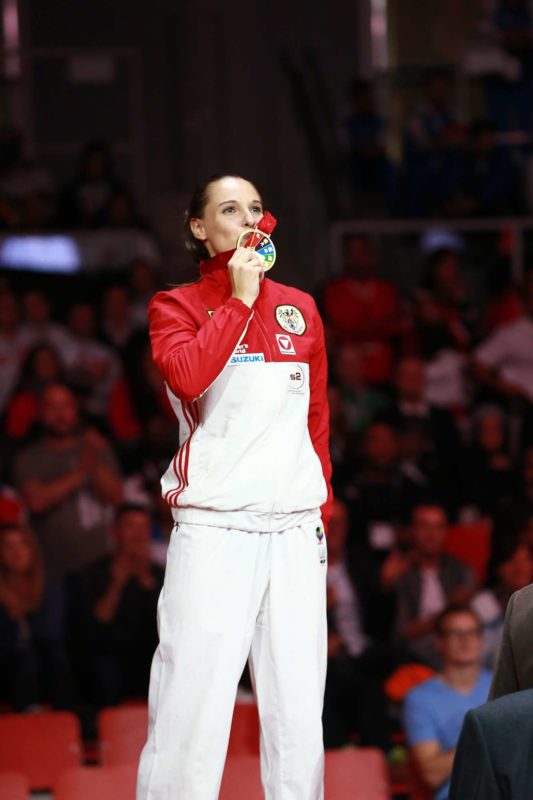
This interview was conducted as part of the university course in Sports Journalism at the University of Salzburg, Austria.
This text was translated from German to English with the support of AI.
Featured image photo by Martin Kremser


